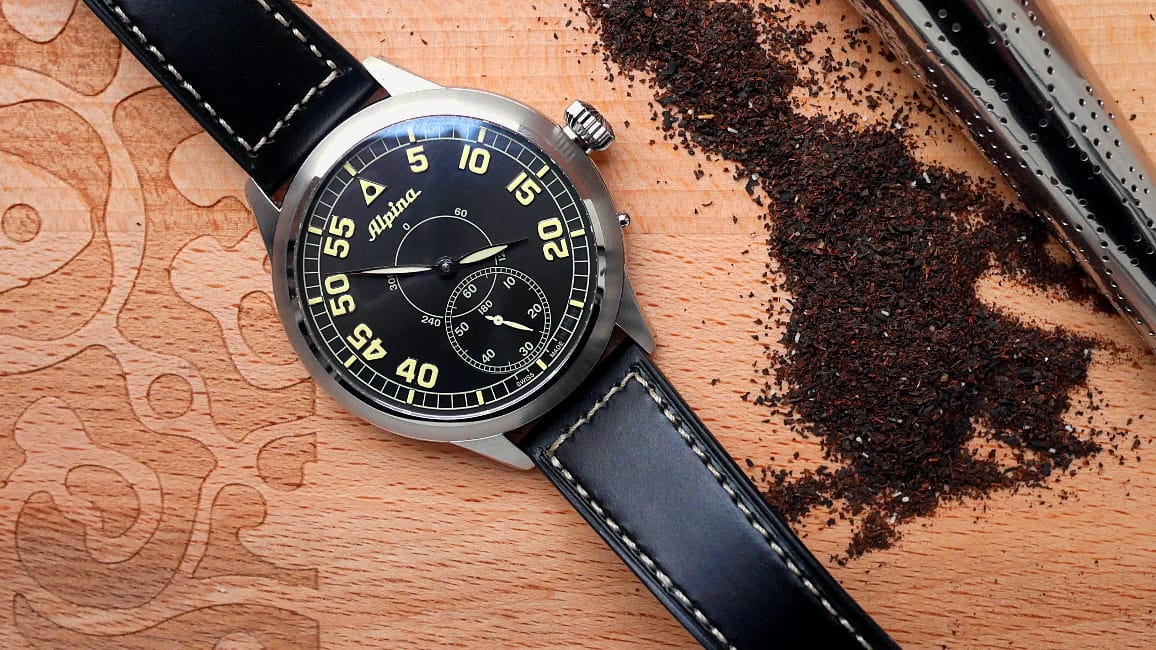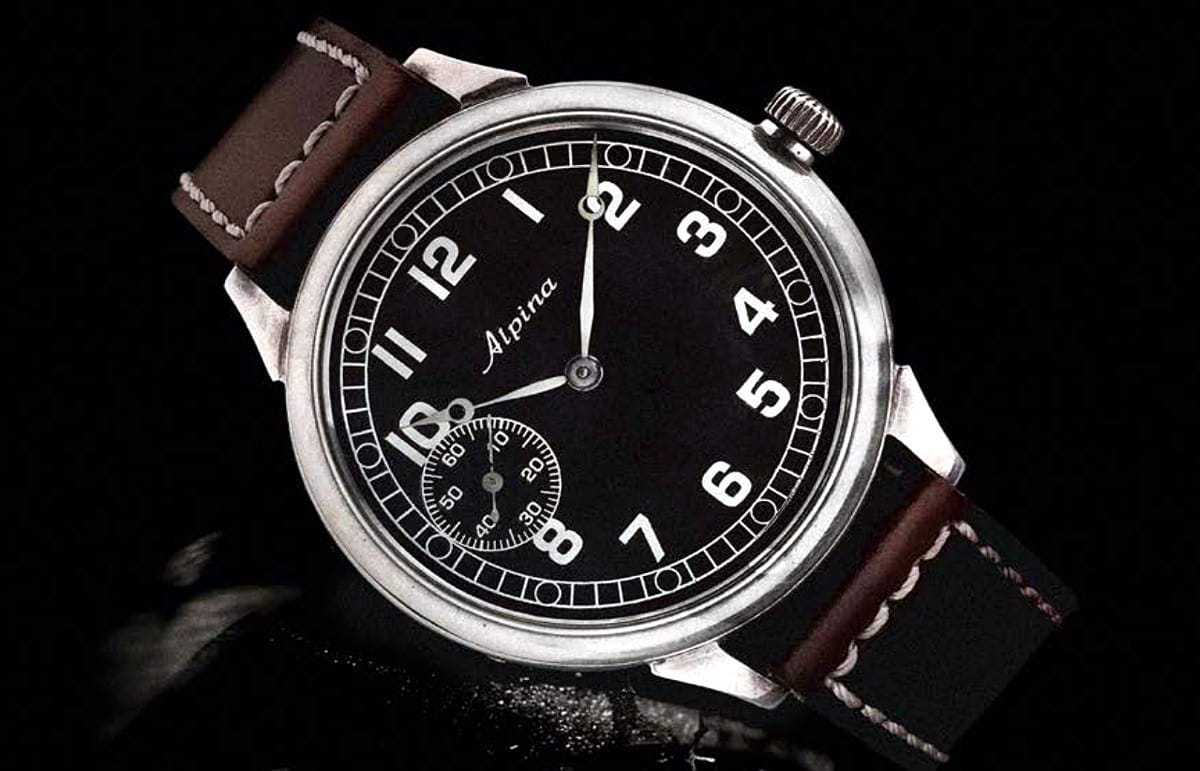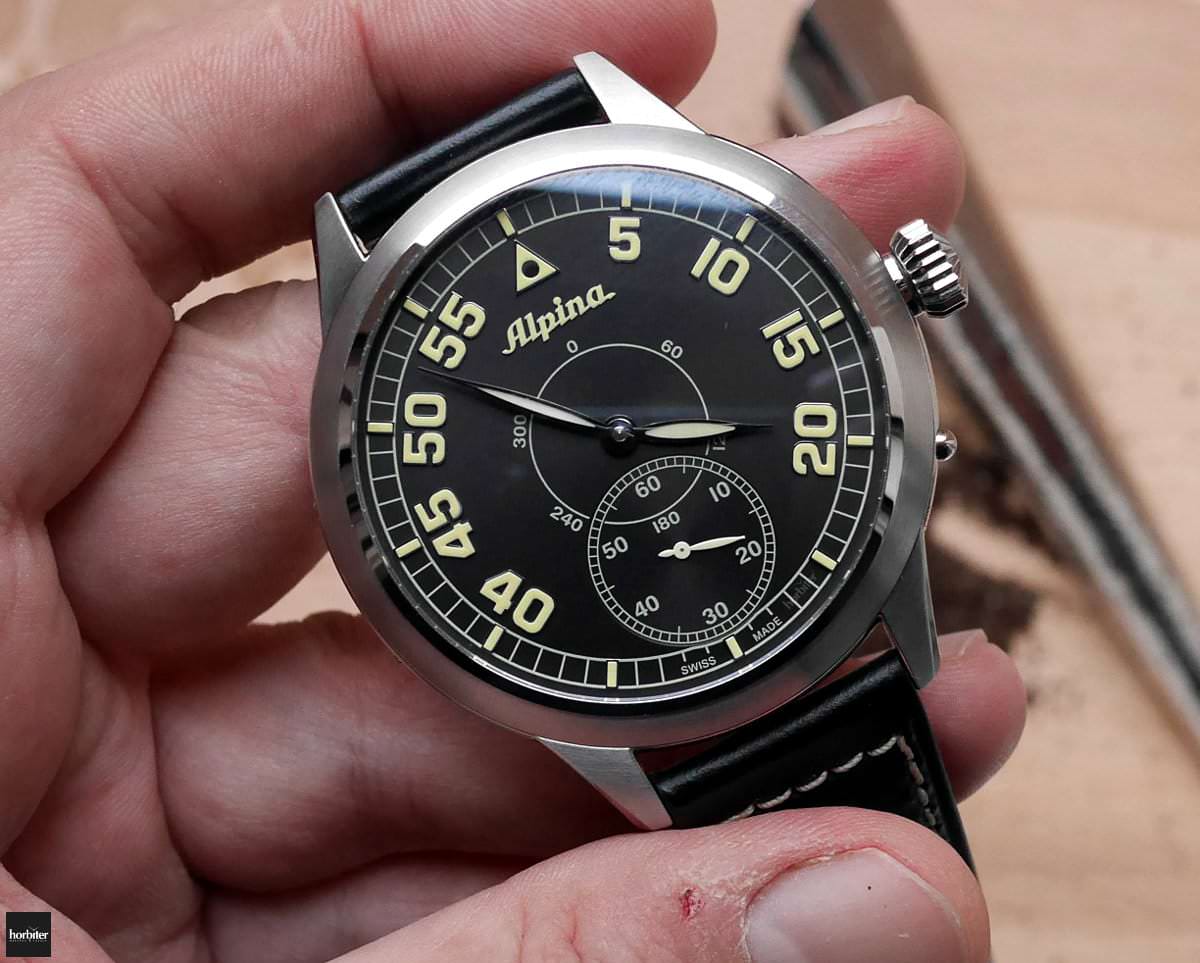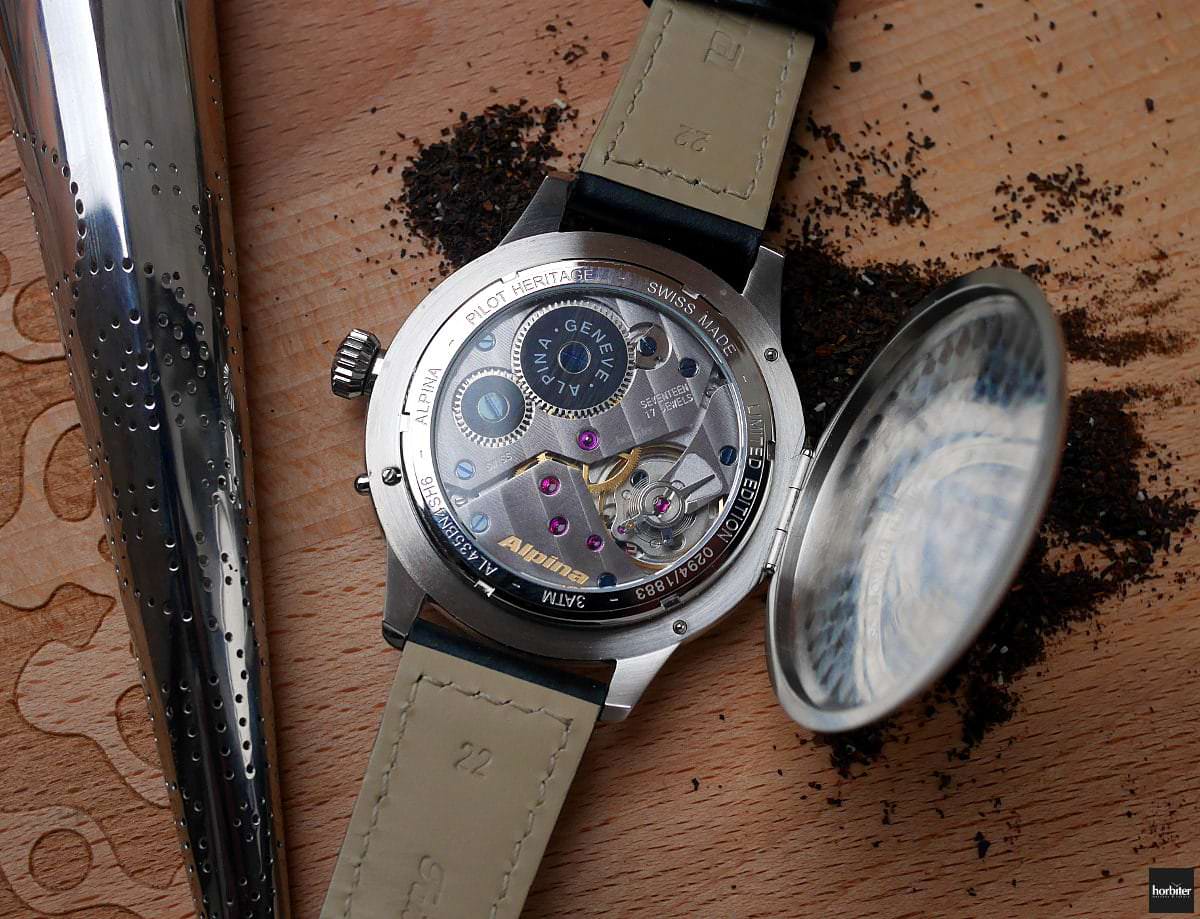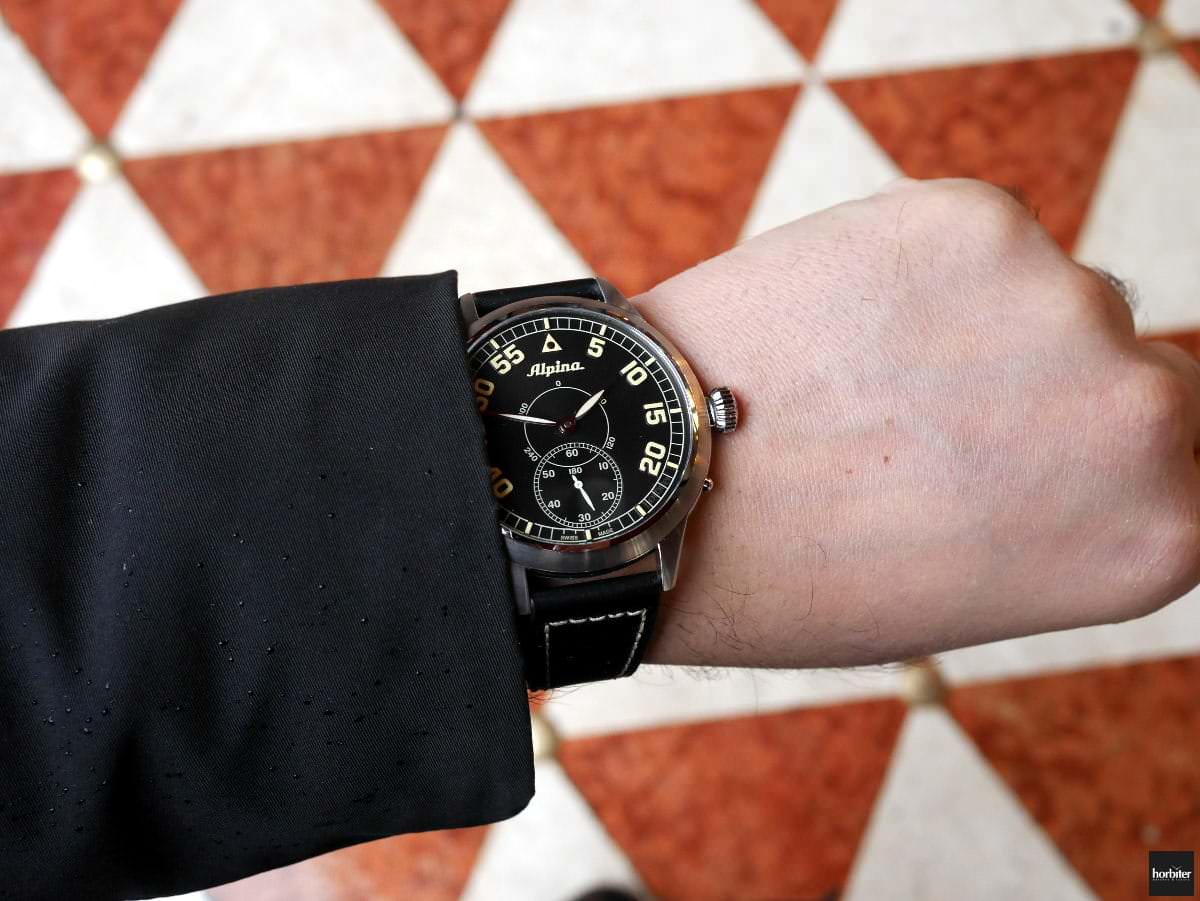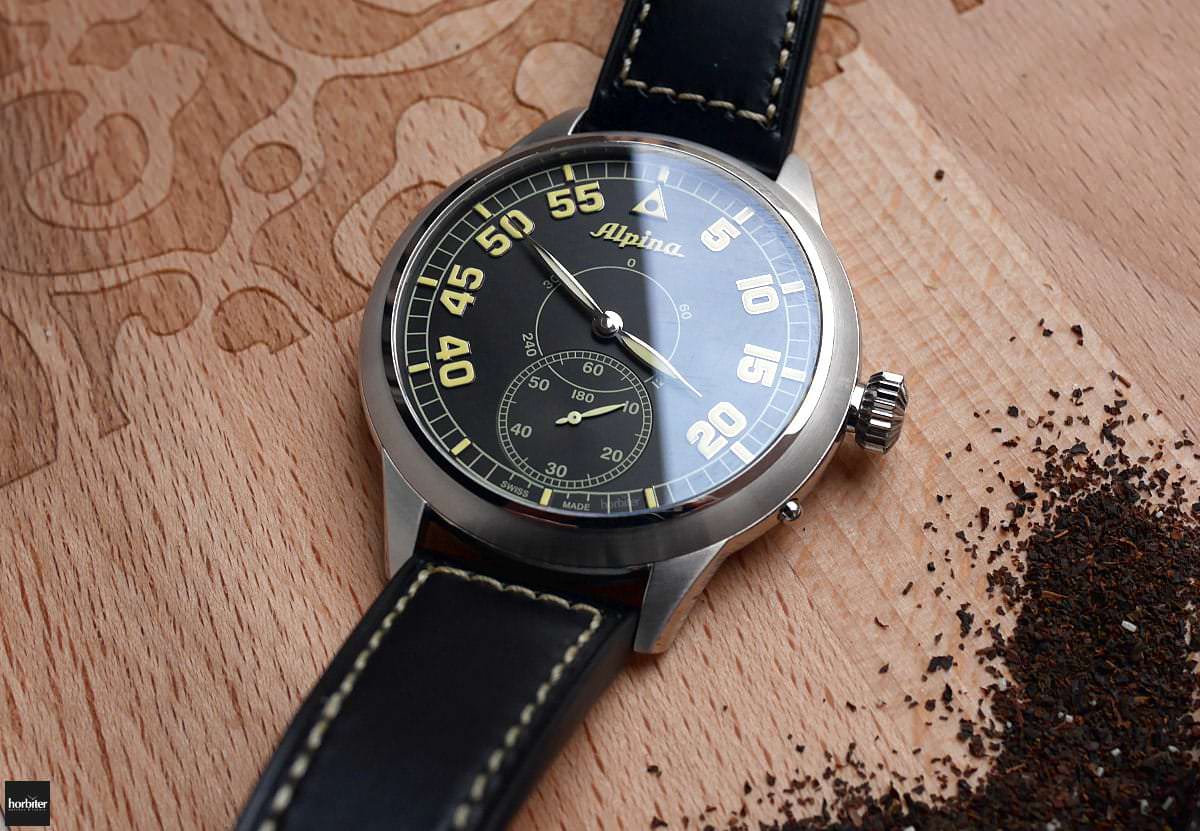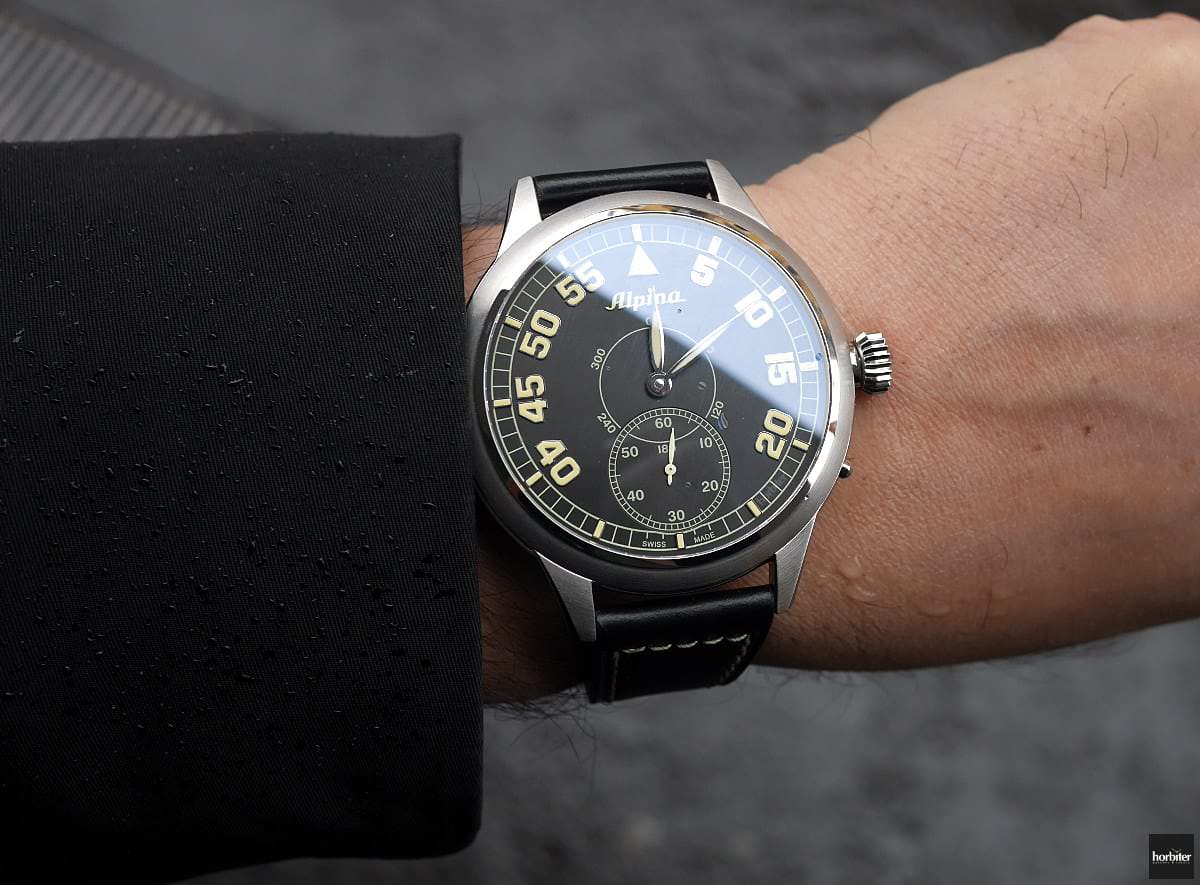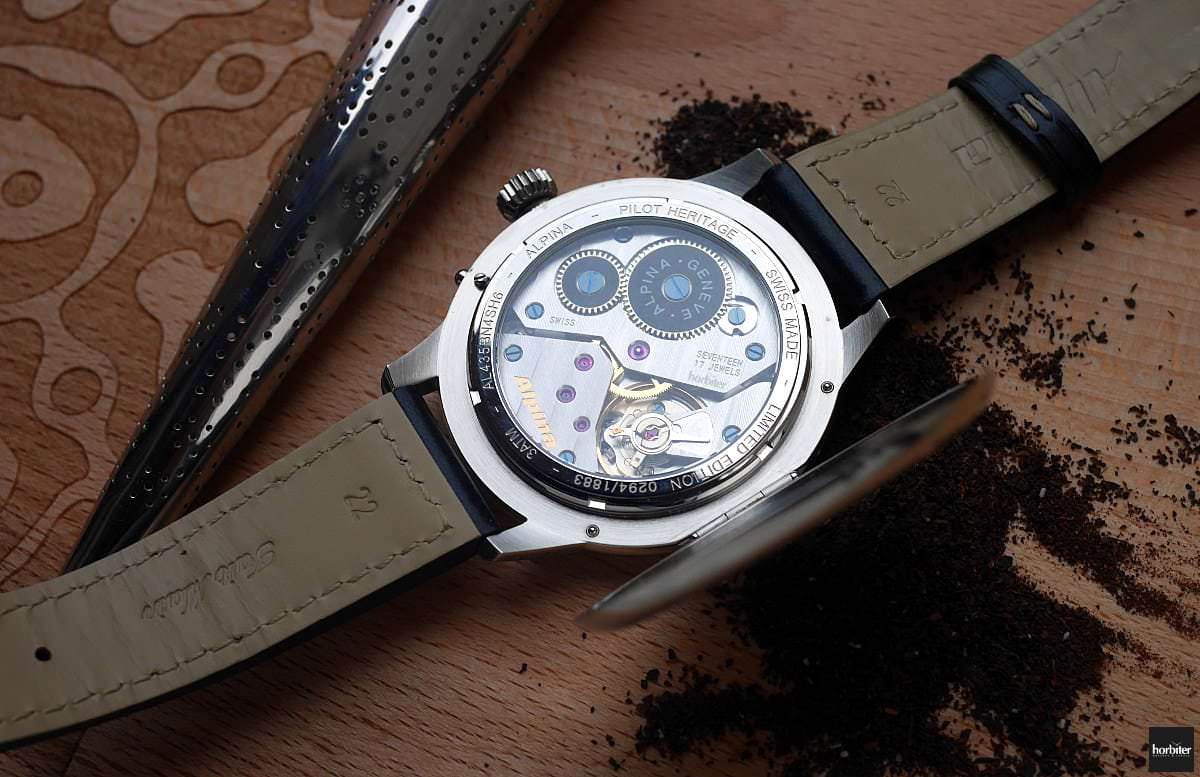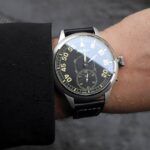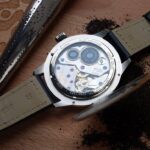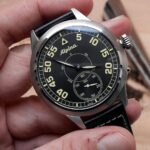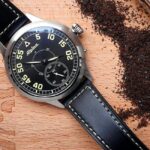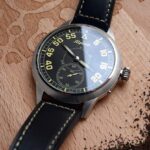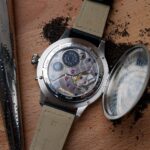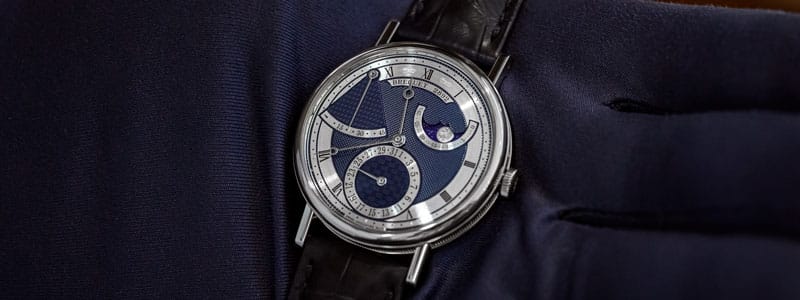Table of Contents
Alpina produces aviators’ watches since the 1920s
Do you own a diver’s watch, a three-counter, a timepiece with retrograde indications, a Reverso and a Sixy-Nine but you are still not the proud owner of real aviator’s watch? No problem; the Alpina Startimer Pilot Heritage MK III that you can see in these pictures is probably the right answer to your shortage. Alpina has been creating aviator’s watches since the 20s/30s, the golden era of aviation when many pilots who risked their life or even lost it in the attempt to tame the first big flying machines were wearing this type of timepiece.
The modern Alpina’s legacy in producing aviators’ watches
Two years ago, Alpina created two limited editions of that original timepiece; the Alpina Startimer Pilot Heritage MK II and the Alpina Startimer Pilot Heritage MK III. Both watches were produced in 1883 pieces to commemorate the 130th anniversary of the founding year of the Union Horlogere – today known as Alpina and part of a single group, together with Frederique-Constant. Those two models are among the most interesting and authoritative aviator’s watches available on the market; they are big in size (the case measures 50mm) and they sport a manual winding caliber. This particular option is slowly coming back in fashion and more than one manufacturer has today decided to invest in it.
A big pilot’s watch, powered by an hand-wound movement
Among one of the reasons for my purchase is the presence of the big Alpina AL-435 manual winding caliber, an Alpina re-elaboration of the Unitas 6498 caliber that had been originally created for the big pocket watches and that was later re-adapted to fit in the cases of the first wrist watches. The caliber features continuous seconds at 6 o’clock and the movement runs at 2.5Hz. ETA, who is the owner of that specific kind of caliber, customized it for Alpina. Many other brands use it too (Panerai, for instance, equipped their Luminor watch with the 6497/2 version of the caliber before their new in-house-built calibers entered the market).
The Startimer Pilot Heritage MK III on the wrist
When worn, the timepiece seems a bit over-powering but it is actually quite thin (it fits perfectly well under my shirt’s cuffs). The winding crown (yes, it does wind here) is not excessively big and it gives the user a rewarding feeling of sturdiness and consistency when used to rewind the timepiece. The caliber doesn’t feature any power reserve indication so you need to get used to the ritual of the instinctive rewinding movement that you should perform during the day to avoid the watch from suddenly stopping working.
Pricing and thoughts
A new Alpina Startimer Pilot Heritage MK III retails at about 1,600 euro – 1,700 euro and it is one of the best options available on the market if you are a fan of modern aviator’s watches that resemble the original army models. This timepiece is designed for those users with a big wrist, it features a manual winding crown like the original models and you can customize it with a different wristband. I am glad that this timepiece is not a marketing move but it is actually a re-edition of an authentic idea but I also reckon that Alpina should give it a bit more room in their collections and they should not only focus on the promotion of their new lines featuring in-house-built calibers (that are, however, top notch). After all, this timepiece has written the history of the previous century and it deserves to be appreciated.
(Photo credit: courtesy of Alpina Watches; Horbiter®’s proprietary photo-shooting)
Gaetano C. @Horbiter®


